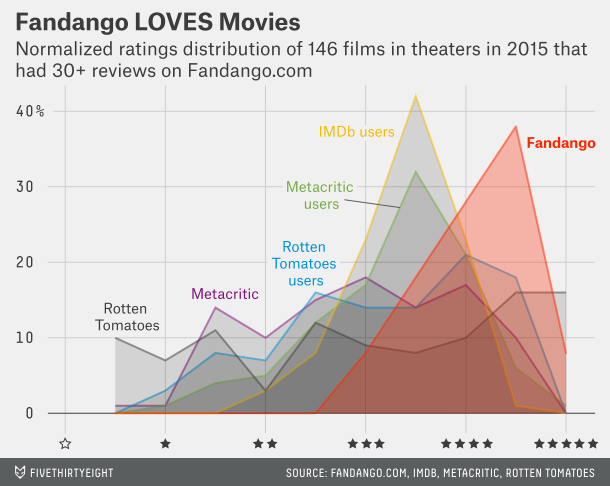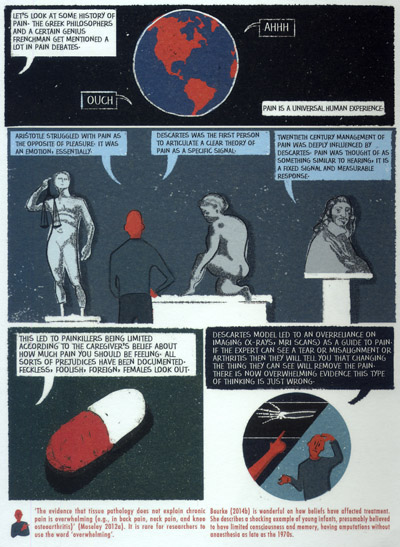This issue of Things was initially drafted in January 2016 and for various reasons is just coming out now. Let’s see how out of date it is…
Mobile Game of the Moment: Dreii
Mobile gaming is very exciting, because touch-interface location-aware always-online devices open up an amazing new landscape of interactive possibilities. Mobile gaming is also very depressing because these possibilities are rarely harnessed in an interesting way, and even when they are it rarely leads to commercial success.
This is exactly why I’m recommending you get Dreii right now (available on Android, iOS and also on Steam).
It’s an elegant physics-based puzzler in which you try to stack objects under various challenging constraints. The really brilliant bit is that you get to co-operate with anyone else that happens to be playing the same level (on any device) at the same time as you. There’s also a rather lovely map visualisation in which you can see what levels others are playing to better seek them out – or go back and help another player make it through to the one you’re stuck on!
The helpfulness of others is massively varying, which is part of the charm. I recommend it right now as the recent launch ensures a goodly surge of currently active players.
Update: well, that was written about a year ago, so I can’t really recommend it as much because few are now playing it. You can do local co-op with someone else playing at the same time though, so it’s still worth a go if you can arrange for that!
Or go and play the other brilliant game I got into in the intervening time: Snakebird (iOS, Android, Steam), an incredibly simple yet extremely difficult puzzle game.
Or go and play Crash of Cars (iOS, Android), which is real-time arcade-style car combat and is being played by a few million people at the time of writing.
Humans are More Complicated than Physics, part 94: Weight vs Diet
If you want to lose weight, don’t eat. This is not medicine, it’s thermodynamics. If you take in more than you use, you store it.
– Michael Bloomberg
It seems most people agree with Bloomberg’s appealing logic. It turns out, as it often does, that humans are more complicated than simple physics would suggest.
Vox has a great look at the energy-in energy-out model here. The most striking conclusion of their wide-ranging review of research is that exercise is great for health, but not for weight loss. For weight loss, diet is a much more important component. So Bloomberg is sounding roughly right, but the mystery then deepens when we consider a study that found people on the same diet and exercise regimes put on more weight now than they did in the 80’s. Note that although the Atlantic’s headline is “Why It Was Easier to Be Skinny in the 1980s”, the article doesn’t answer the question, because we don’t actually know. We just have some theories.
Finally, on Aeon, David Berreby dives a lot deeper into this mystery. Most striking for me was the finding that over the last two decades, animals as well as humans have gained weight – including lab mice, which have gained an average of 11% per decade despite having rigorously consistent diets. If you want to read about some fascinating theories on why this might be happening (light? BPA? A virus?), go check it out.
Since that was all a bit depressing, here’s some fun data on how the UK’s diet has changed over time.
Paranoia in Politics
Quite a few months ago (er, a year ago now) Charlie Stross wrote about the Paranoid Style in politics. He cites two fascinating essays charting the relationship between paranoia / conspiracy-theories and US Republicans (one from 50 years ago and one more recent). Things like “9/11 was an inside job”, vaccine-related conspiracies, or any time you hear the phrase “Liberal elite”. Stross then adds his own interpretation of how the internet has reinforced this and given rise to (take a deep breath) an “ad-hoc movement of angry ideologues who have jabbed their fungal hyphae into the cerebral cortex of Reddit and n-chan to parasitically control the rageface collective.”
Well, a year has gone by and this has all become rather more clear. I think the only useful thing to add is that Popularism (in the sense of a political movement that believes most of the existing power structures are self-serving, corrupt, and out-of-touch) is clearly a close relative of the Paranoid Style.
Google Image Reverse Search growing in Intelligence?
If you want to search based on an image (to find where it came from, or a higher resolution version) you can use TinEye and get limited but exact results. Or you can use Google’s “Search by image” functionality to get a wide range of approximate results. I do this quite a lot while trying to track down the artists behind work I post on my daily drawing Tumblr.
I recently tried to use it to trace the origin of this piece:

I was unable to find the artist, but I was extremely impressed that Google suggested a page of ‘similar images’ which were indeed a lot of paintings of cats with a similar colour palette and often distorted proportions:

You can of course use these properties of the search algorithm to generate art.
Tolerating the Tolerable
“I can Tolerate anything except the Outgroup” is an essay by Scott Alexander on filter bubbles and tolerance. It’s so interesting to me that I’ll summarise it all below, but I recommend reading it in full.
- Alexander defines Tolerance as “respect and kindness toward members of an Outgroup”, and defines an Outgroup as a group that has “proximity plus small differences”: a group of people who live in the same neighbourhood but who are ‘slightly’ different to you. I’m capitalising these terms because the definitions aren’t sufficiently general – for example, you could be racist but still Tolerant under this definition.
- He broadens typical US political alignments into ‘tribes’: Conservatives are Red tribe, Liberals are Blue tribe (the US political colour binary reverses the UK’s). As a side note he also identifies a libertarian-leaning Grey Tribe, which I’ve found to be a useful concept – the Grey tribe is typified by:
“…libertarian political beliefs, Dawkins-style atheism, vague annoyance that the question of gay rights even comes up, eating paleo, drinking Soylent, calling in rides on Uber, reading lots of blogs, calling American football “sportsball”, getting conspicuously upset about the War on Drugs and the NSA, and listening to filk”
- Alexander then asserts that the liberal Blue tribe’s outgroup is in fact the Red tribe. He gives the interesting example of being roundly criticised by Blues for expressing any kind of relief at Osama bin Laden’s death, only to later see those same people openly celebrating the death of Margaret Thatcher.
- Finally, he suggests that political articles that reference ‘Americans’ or ‘White people’, written by Blue tribe people (who are notionally included in those groups), are tacitly actually about Red tribe members, and when a Blue says “I can tolerate anything except intolerance”, they are identifying intolerance with the Red tribe and are actually saying “I can tolerate anything except the Red tribe / my Outgroup” which no longer sounds that impressive.
In an excellent coda, Alexander then realises that he’s doing the same thing: criticising a group he notionally is a member of (the Blue tribe), but actually criticising his Outgroup, as he realises he’s probably Grey.
While I think this is an interesting argument, I do think it’s important to note that being intolerant of a group of people who hold opposing political views (which can’t be identified on sight, and can change) seems far less egregious than being intolerant of people who simply look a certain way. Views are, after all, one step away from Actions, but that’s a distinction I’ll get to in the next edition of Things.
– Transmission finally ends

